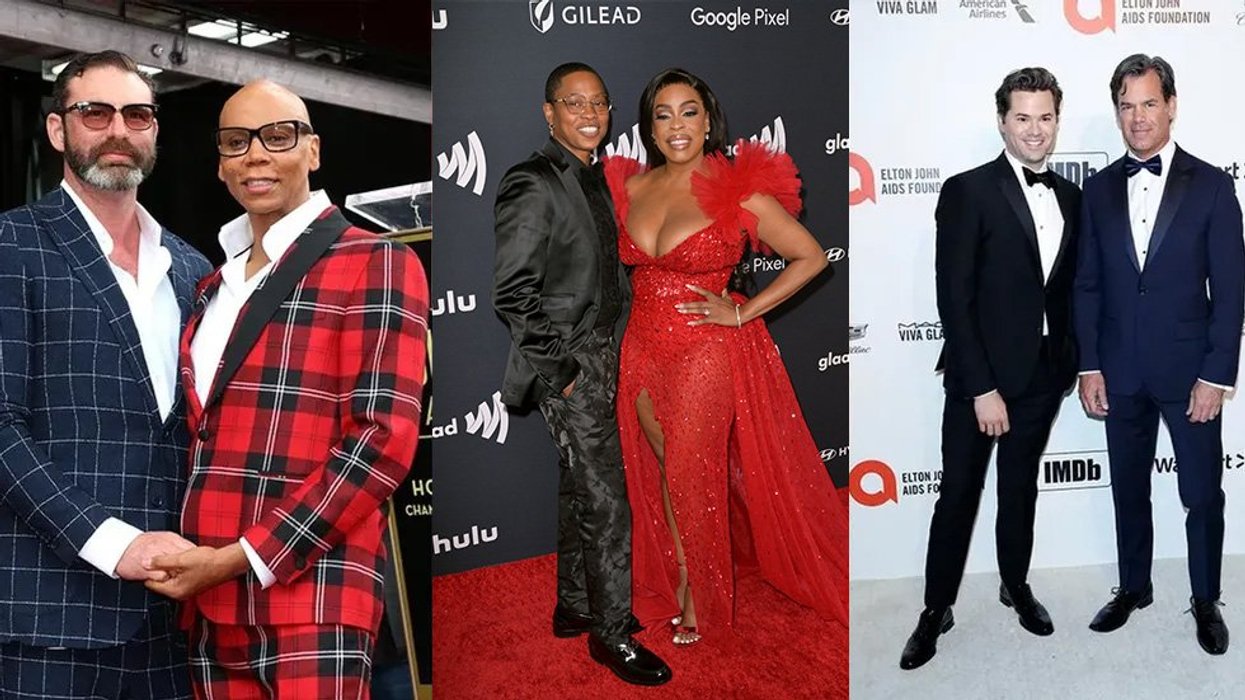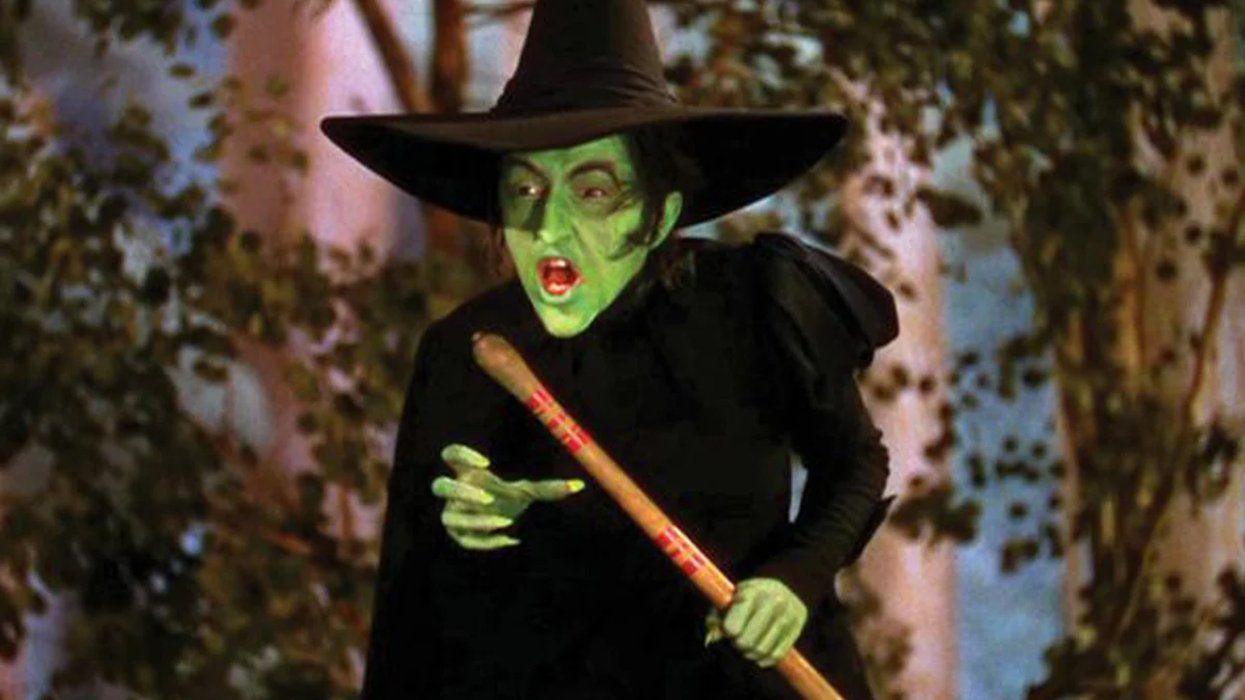Between October 2016 and March 2017, Matthew Herrick was living a 21st-century nightmare.
After breaking up with his boyfriend of under a year, Herrick found himself harassed by dozens of strangers looking for sex. The New York actor quickly realized that his ex-boyfriend, labeled J.C. in court documents, had taken cyber-stalking to a horrifyingly low new level with the help of Grindr, a casual dating app for men-seeking-men.
In late 2016, J.C. created fake Grindr profiles with Harrick's photos and screen names like "Raw Pig Bottom" and "Gang Bang Now!" The profiles falsely claimed that Herrick was HIV-positive and looking for unprotected sex and bondage. J.C. sent guys looking for sex, drugs, or both to Herrick's home or workplace, sometimes as many as sixteen men a day. When Herrick would explain the situation, some would get angry and even violent, and a few tried to follow him through the restaurant where he worked. J.C. even gave out Herrick's phone number and he once received over 74 texts from different numbers in a single day.
"It was a horror film," Herrick told BuzzFeed News. "It’s just like a constant Groundhog Day, but in the most horrible way you can imagine. It was like an episode of Black Mirror."
Herrick reported the situation repeatedly to Grindr but the only replies from the app were automated messages of receipt. On the contrary, Jack'd and Scruff, two other gay dating apps J.C. used for the abuse, promptly shut down all of his accounts. Herrick filed 14 police reports and a restraining order against J.C., but he quickly found that it was tough to prove his ex was behind the virtual-abuse without Grindr's cooperation.
BuzzFeed News reports that "Herrick, his friends, and lawyers submitted 100 complaints to Grindr asking it to block J.C., but they received no response." In January 2017, a New York judge ordered Grindr to shut down the fake profiles. The abuse didn't stop until two months later, Herrick says.
In court, Grindr's lawyers argued that the company didn't have a legal obligation to help Herrick—and they won. But while ruling that Grindr couldn't be sued over a user's interpersonal harassment, Judge Valerie E. Caproni added that she didn't "find what Grindr did to be acceptable."
Herrick is now appealing that ruling.
Grindr considers itself a "safe space" for the LGBTQ community, but "the question is, what’s the responsibility of Grindr?” asks Judge Dennis Jacobs, who is hearing the case in the US Court of Appeals for the 2nd circuit.
Charged with stalking, criminal impersonation, making a false police report, and disobeying a court order, J.C. was arrested in October of 2017. For Herrick, the worst might be behind him, but this case still rages on.
Section 230 of the Communications Decency Act has been used to protect sites like Twitter and Yelp from being sued for contentious comments, but Herrick's lawyers argue that it allows companies like Grindr to do nothing about the abuse on their apps.
"It’s cheaper to do nothing and hide behind Section 230 for protection," says BuzzFeed.
If Grindr is held responsible in this case, experts say it could be putting the internet's free market of creativity at risk by giving new creators the extra moral and financial burden of surveillance and security.
But without it, real people like Herrick are very much so at risk.
"When this all started I got hundreds of emails and messages on Facebook and on Instagram," Herrick explained. "People who were telling me their own story, people who were asking me what they should do."
He went on, "I have a vested interest in this now, not necessarily for myself, but for other people who don’t have a voice in all of this, who are suffering and don’t know what to do. We have an opportunity to really have people take a look at these laws and these companies and set a precedent that could finally make these companies take action."
Read more about the story on BuzzFeed News.



























































































































